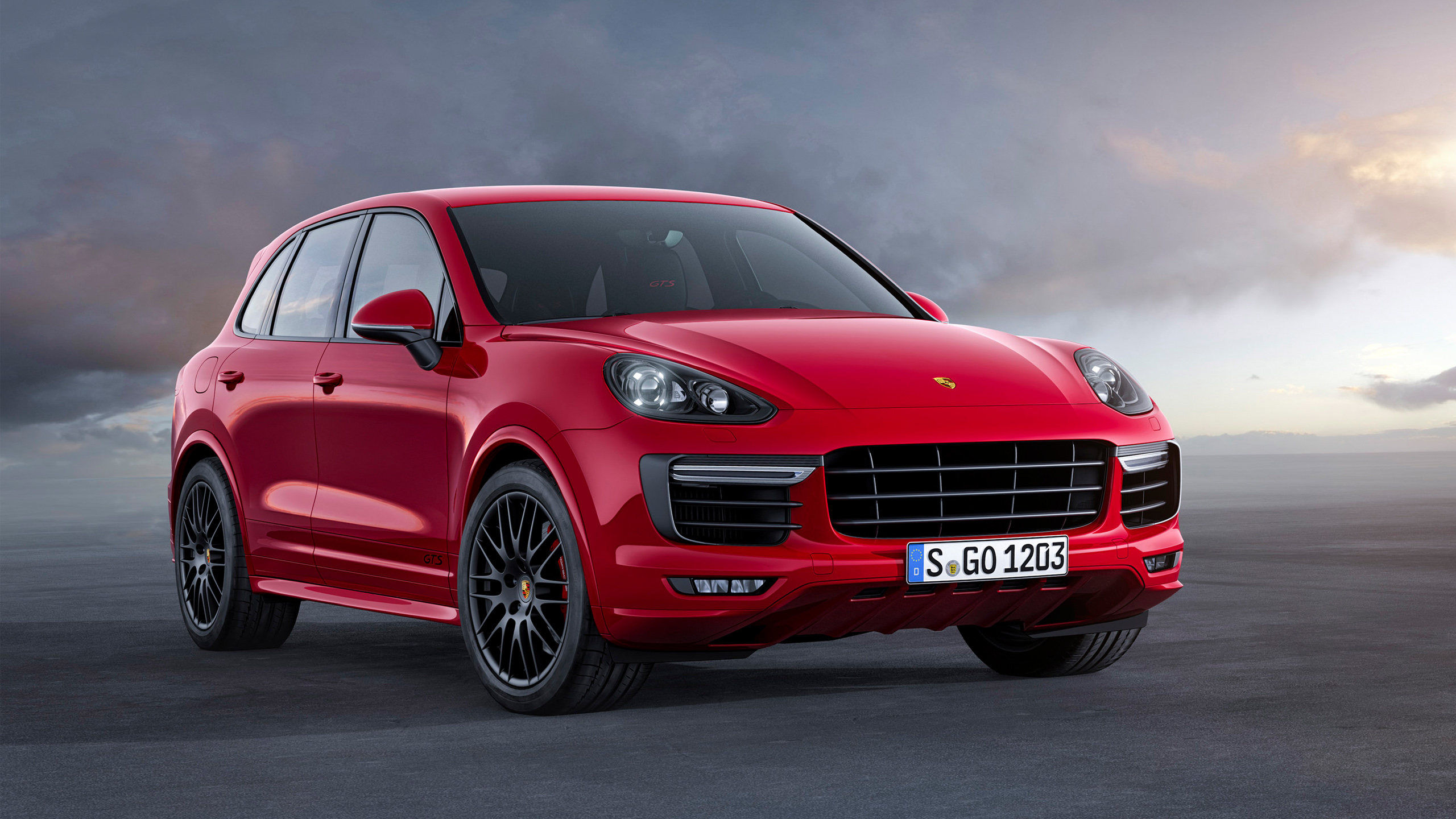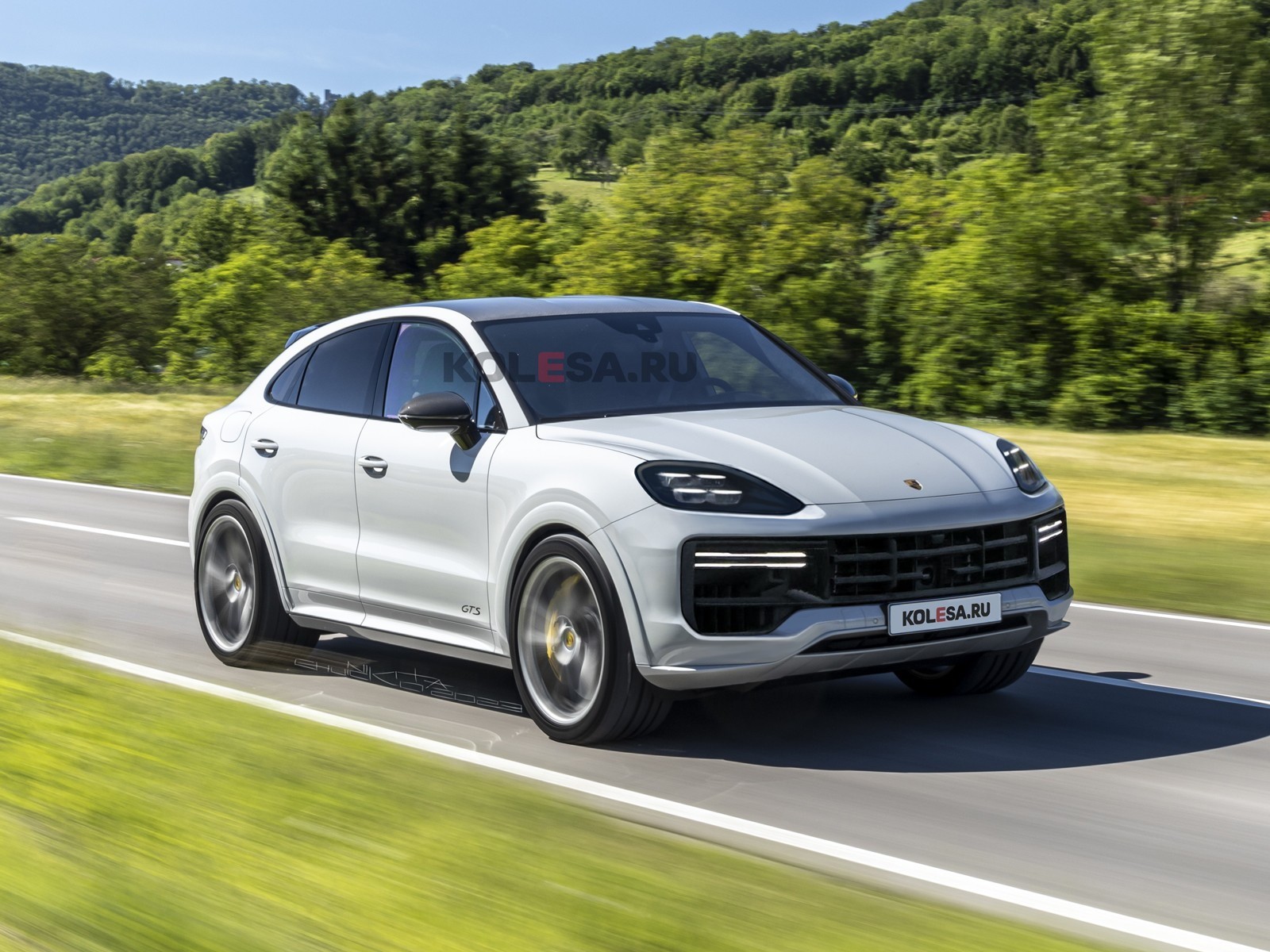The Weight Of Porsche Cayenne: A Deep Dive Into Performance And Engineering
Share

When it comes to performance within the luxury SUV segment, the Porsche Cayenne stands out. However, one crucial aspect that often comes up in discussions is the weight of the Porsche Cayenne. We will explore how the weight of this iconic SUV influences its performance, handling, and overall design philosophy.
Understanding the Weight of the Porsche Cayenne
The weight of the Porsche Cayenne varies between models and configurations, but generally, the vehicle’s curb weight ranges from 4,200 to over 5,000 pounds depending on the variant. The latest models, like the 2024 Porsche Cayenne, implement advanced technology and engineering to optimize weight while enhancing performance.

The weight factor inherently impacts acceleration, braking distance, and fuel efficiency. A lighter vehicle usually results in better agility and maneuverability. Porsche has utilized smart engineering techniques, such as incorporating lightweight materials like aluminum and carbon fiber in the construction to balance both luxury and performance.
How Does Weight Affect Performance?
In the realm of sports cars and SUVs like the Porsche Cayenne, weight plays a pivotal role. More weight typically means reduced acceleration capabilities. Fortunately, Porsche counters this drawback by equipping the Cayenne with robust engine options that provide exceptional power output.
The Cayenne features a range of engine choices, from a turbocharged V6 to more powerful V8 options, making it go from 0 to 60 mph in just a few seconds, despite its substantial weight. The dynamic performance is complemented by Porsche’s innovative all-wheel-drive system that ensures that power distribution is optimized, allowing a heavier vehicle to remain agile.

Innovations in Weight Reduction
Porsche continuously seeks to push the boundaries of automotive engineering. Innovations include the framework and structural components made from advanced materials, aimed at minimizing weight while maintaining the structural integrity of the vehicle.
This is particularly notable in the integration of aluminum for the chassis, which has proven to be both lighter and more resistant to corrosion than traditional steel, thereby ensuring longevity and durability. As the automotive industry moves towards electrification, the Cayenne is also offering hybrid variants, which integrate battery systems without compromising performance seriously.

The Impact of Weight on Off-Road Capability
The Porsche Cayenne isn't just a road-dominating luxury SUV; it is also designed for off-road adventures. The weight of the Cayenne, while heavy, actually contributes to its off-road stability. The solid build enhances traction as it weighs down on the ground, allowing it to navigate challenging terrains with confidence.
However, the balance must be managed, as excess weight can hinder agility when navigating sharp or technical trails. Porsche’s engineers have meticulously designed the suspension system to provide optimal clearance while balancing the weight. This design ensures that even with a heavier vehicle, you’re not sacrificing the thrilling off-road experience.

Comparing the Cayenne with Competitors
When analyzing the weight of the Porsche Cayenne, it's essential to consider its rivals in the luxury SUV segment. Compared to competitors like the BMW X5, Audi Q7, and Mercedes-Benz GLE, the Cayenne often weighs slightly more due to its robust construction and equipment.
However, in terms of performance metrics, the Cayenne often outshines its rivals, leading to an elevated driving experience that justifies the weight. The powerful acceleration and dynamic handling inspire confidence behind the wheel, making the Cayenne a worthy contender in its class.
Weight Distribution and Handling
An often-overlooked aspect concerning the weight of any vehicle is how the weight is distributed. In the case of the Porsche Cayenne, the engineers have positioned components like the engine and drivetrain to achieve a favorable weight distribution. This smart engineering results in better handling and cornering capabilities, allowing the Cayenne to feel light and responsive, despite its heavier curb weight.
The Future of Weight in the Porsche Cayenne
As automakers shift towards more sustainable practices, the methods for weight reduction will likely evolve. With the integration of electric hybrids and potential fully electric models, the Cayenne will need to adapt. Balancing the weight of large battery packs with the need to keep performance high will be one of the significant engineering challenges ahead.
The next iteration of the Cayenne may feature even more advanced materials and technologies that not only minimize weight but also enhance overall efficiency and performance.
Final Thoughts
Understanding the weight of the Porsche Cayenne is crucial for enthusiasts and prospective buyers. Porsche has adeptly managed to turn the matter of weight into an asset rather than a liability. By utilizing smart engineering techniques, employing advanced materials, and focusing on performance-oriented design, the Cayenne remains a leader in the luxury SUV market.
Does the weight of the Cayenne affect your feelings toward its performance? While it may be heavier than its competitors, its engineering prowess allows it to deliver an unparalleled driving experience. As we await exciting new models, the evolution of the Cayenne will continue to be a topic of interest for automotive enthusiasts everywhere.
Explore more about the latest Porsche models and topics related to weight and performance, and stay tuned for updates from the wonderful world of Porsche!